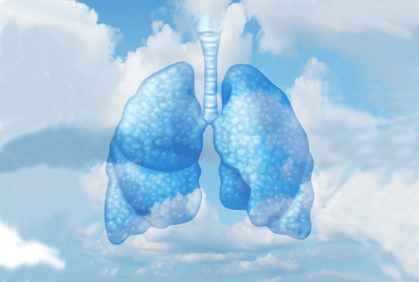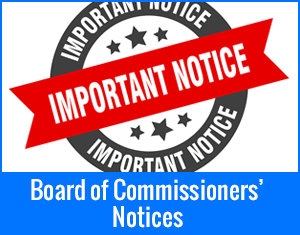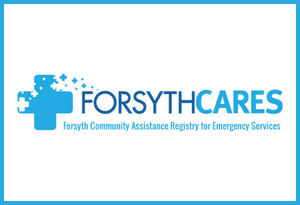
- By Lorelei Elkins
- Posted Tuesday, March 25, 2014
Air Pollution Season is About to Begin
April 1st, marks the beginning of ozone Season in North Carolina and the air quality team at Forsyth County’s Office of Environmental Assistance and Protection (EAP) is ready!
“We’ve been testing and calibrating the systems for a month or so now, getting ready for the start of the ozone season.” says Jason Bodenhamer, Program Manager of the Analysis and Monitoring Division at EAP. “We monitor and forecast for fine particle pollution all year long, but come April 1, the ground level ozone monitors are up and running.”
The Office of Environmental Assistance and Protection operates a network of five ambient air quality monitoring stations across Forsyth County. Air pollution forecasts for the entire Triad Region are developed daily, using data from these stations as well as data from the North Carolina Division of Air Quality’s monitors in Davie, Rockingham, Guilford, Caswell, Alamance, and Davidson counties.
The air quality forecasts provide important information to the general public so that people can take actions to protect their health when pollution levels are high. An integrated part of the air quality team’s activities is the Triad Air Awareness Program. This outreach and education program helps people understand the link between health and air quality as well as how our everyday actions have an impact on air pollution.
“Many people are unaware that they are in a ‘sensitive group’ for air pollution health effects”, says program coordinator, Lorelei Elkins. “If you have asthma, COPD, or any other kind of heart or lung disease, you’re in a ‘sensitive group’. Also included are kids, the elderly, pregnant women, or anyone who is active outdoors when pollution levels are high, like athletes and people who work outdoors.”
The air quality forecast is distributed through a program provided by the U.S. Environmental Protection Agency, called EnviroFlash, using the Air Quality Index or AQI. A color is assigned to a predetermined pollution level in the air. For example, when the air pollution levels are forecast to be “Unhealthy for Sensitive Groups” the AQI is Code Orange.
More information about the AQI can be found at the Air Now website.
Ms. Elkins states that the air pollution forecast is distributed to news outlets, various websites and can be sent directly to your email by going to EAP’s Forecast webpage and clicking on the sign-up link.
You can reduce your contribution to air pollution this summer by driving less and conserving energy. Find more clean air practice tips at Triad Air Awareness. Visit Triad Air Awareness on Facebook at Facebook.com/TriadAirAwareness or on Twitter at Twitter.com/AirAwareness.










